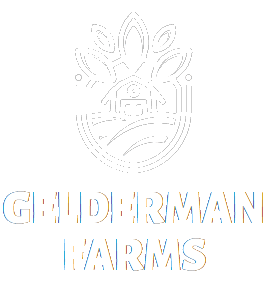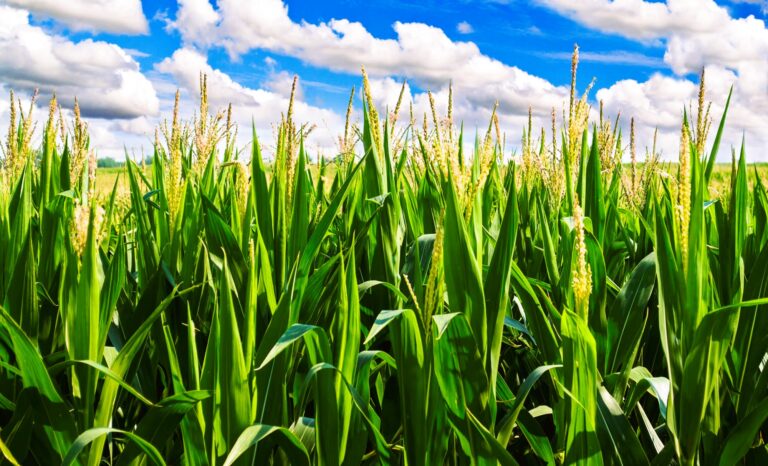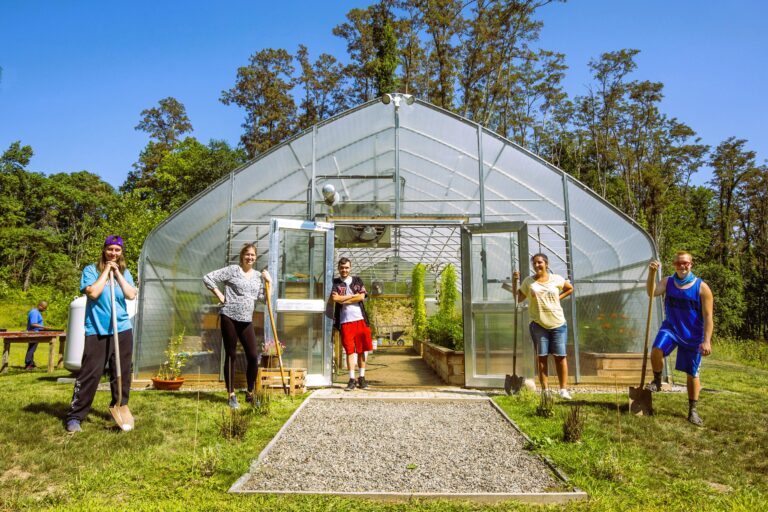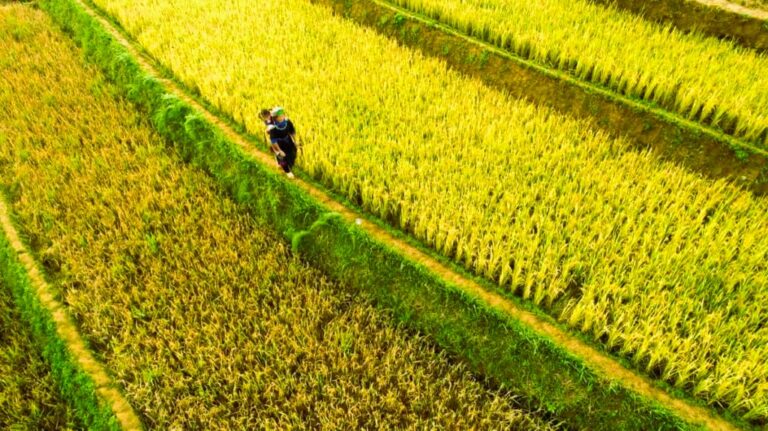Abbotsford, a picturesque region known for its fertile farmlands and abundant natural beauty, is home to numerous farms that play a vital role in sustaining the community and contributing to the agricultural industry. However, rapid urbanization and intensification of farming practices have posed significant challenges to biodiversity in the area. In response to these threats, farmers in Abbotsford have taken proactive measures to protect and enhance biodiversity on their farms. This article explores the conservation efforts undertaken by Abbotsford’s farmers to safeguard biodiversity, focusing on habitat preservation, sustainable agricultural practices, wildlife protection, and the importance of adhering to standardized guidelines for biodiversity conservation.
Section 1: The Importance of Biodiversity
Biodiversity, the variety of life forms within an ecosystem, is crucial for ecological balance, food security, and the overall health of the planet. On farms, biodiversity is responsible for essential ecosystem services such as pollination, pest control, nutrient cycling, and soil health. Preserving biodiversity is not only a moral imperative but also critical for the long-term sustainability of agriculture.
Section 2: Habitat Preservation and Restoration
One of the primary conservation efforts undertaken by Abbotsford’s farmers is the preservation and restoration of natural habitats. Farms that incorporate buffer zones, wetlands, and hedgerows provide essential refuges for native flora and fauna. These areas serve as corridors for wildlife movement and nesting grounds for migratory birds. By preserving and restoring these habitats, farmers create a more resilient and diverse ecosystem within their farms. Read more about modern methods for the success of private farming in this article.
Section 3: Sustainable Agricultural Practices
The adoption of sustainable agricultural practices is pivotal in protecting biodiversity. Abbotsford’s farmers have embraced practices such as crop rotation, cover cropping, and reduced tillage to enhance soil health and reduce the use of synthetic inputs. These practices not only benefit the farm’s productivity but also contribute to a healthier environment, supporting a wider range of plant and animal species.
Section 4: Integrated Pest Management (IPM)
Integrated Pest Management (IPM) is another crucial component of biodiversity conservation on farms. Instead of relying solely on chemical pesticides, farmers in Abbotsford have implemented IPM techniques, which emphasize biological controls, beneficial insects, and natural predators to manage pests effectively. This approach minimizes harm to non-target species and fosters a balanced ecosystem.
Section 5: Wildlife Protection
Abbotsford’s farms are often adjacent to natural areas, providing essential habitats for various wildlife species. Farmers have taken steps to protect these animals by creating wildlife corridors, installing nesting boxes, and providing water sources. Protecting wildlife on farms not only promotes biodiversity but also contributes to the region’s eco-tourism and recreational opportunities.
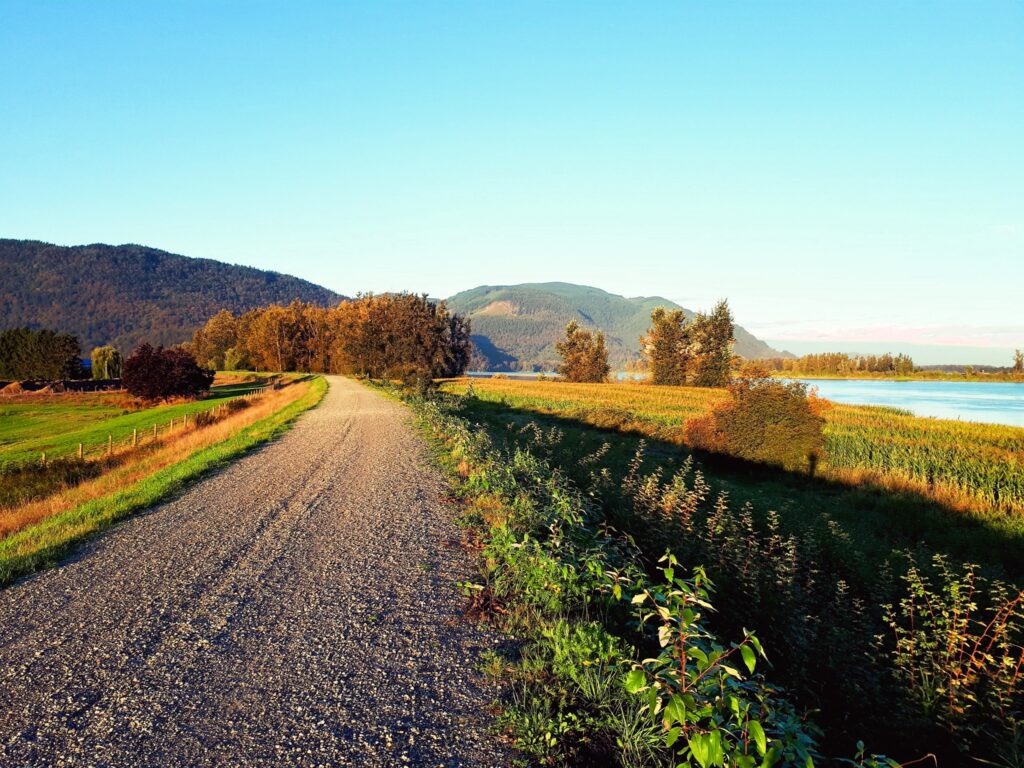
Section 6: Standardized Guidelines for Biodiversity Conservation
To ensure the effectiveness and success of biodiversity conservation efforts, adherence to standardized guidelines is crucial. These guidelines are set forth by governmental and environmental organizations and aim to promote best practices for biodiversity protection. For comprehensive information on biodiversity conservation standards and initiatives, farmers can refer to reputable sources such as Wikipedia’s page on “Biodiversity Conservation“.
Section 7: Community Engagement and Education
Biodiversity conservation efforts on Abbotsford’s farms extend beyond the farm boundaries. Farmers actively engage with the local community, inviting them to participate in conservation initiatives and educational programs. By fostering a sense of environmental stewardship among residents, farmers aim to create a collective effort in safeguarding biodiversity for future generations.
Conclusion
As stewards of the land, farmers in Abbotsford recognize the critical role they play in conserving biodiversity. Through habitat preservation, sustainable agricultural practices, wildlife protection, and adherence to standardized guidelines, they are taking proactive measures to protect the region’s natural heritage. These conservation efforts not only safeguard biodiversity but also contribute to the resilience and long-term sustainability of Abbotsford’s farms. With continued dedication and collaboration, farmers and the community can forge a path towards a more biodiverse and harmonious coexistence with nature.
